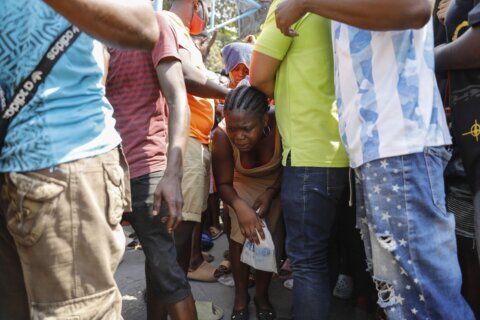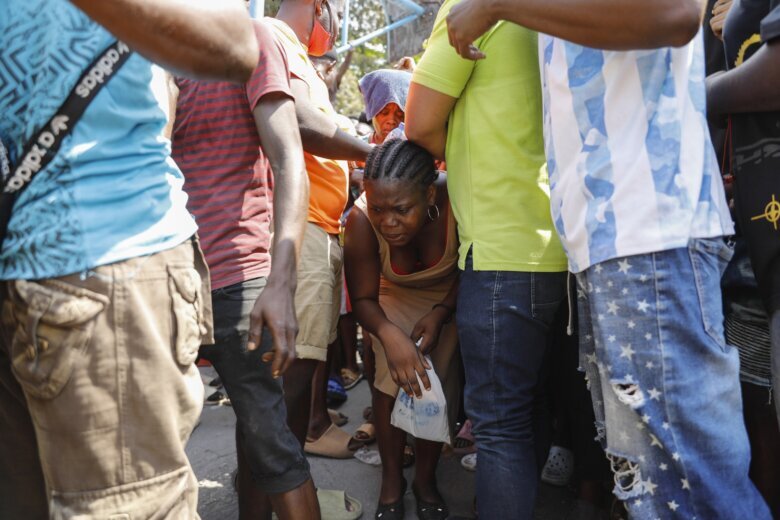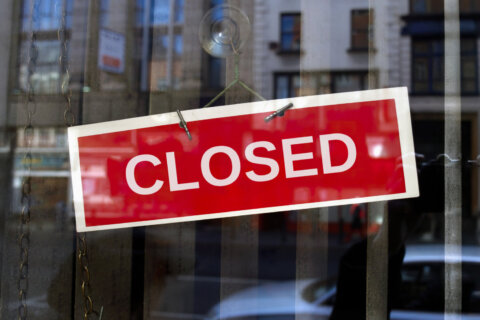
Amid ongoing gang violence in Haiti, a local volunteer group is urging Americans to provide humanitarian support on the grassroots level.
Debbie Harvey is the founder and executive director of the Holistic Haitian Alliance, a nonprofit group established in 2008. She was just in Haiti last month to check on her organization’s facilities, which include an orphanage, various schools and a church.
Harvey said she typically visits Haiti every month for check-ins like this. But this time, she went home to northern Virginia just before a new round of gang attacks on the nation’s capital city, Port-au-Prince.
Gangs “exploded in size” after the assassination of President Jovenel Moïse in July 2021, according to Harvey.
But this month, she said, tensions have reached new heights: Prime Minister Ariel Henry traveled to Kenya and when he tried to return to Haiti, “the gangs, the Haitian people were so fed up with him and the country’s deterioration that they shot up the airports.”
As violence rages, Harvey encourages Americans to make donations — but to be thoughtful about how they do it.
First of all, she said, “don’t give to the big guys.”
“Find grassroots organizations where the founders, the executive directors … are on the ground. They know what’s going on. They’re not just sending money over and hoping it gets taken care of,” she said.
Groups across the U.S. raised billions of dollars in aid following the Haitian earthquake of 2010, but Haiti only saw a fraction of those funds, according to Harvey.
“Most of that money stayed in the hands of U.S. companies that said they were going to funnel it through to Haiti. It never happened,” she said. “Everyone questions, ‘Where did all that earthquake money go?'”
In terms of what items Americans should be giving, Harvey said monetary donations are key. In fact, she said sending items like clothing and other physical goods can be harmful to local communities.
“I used to take huge, 50-pound bags of shoes and T-shirts and backpacks and all of this stuff,” Harvey said.
“When we do that, we put the local moms who are trying to sell these things in the market out of business because we’re giving it away for free, so then their kids don’t eat and their kids don’t get to go to school. There’s no free school in Haiti — public school costs money,” she added.
Harvey also wants Americans to know the spirit of the Haitian people.
“The Haitian people are the most beautiful, hardworking, resourceful, resilient, God-fearing people that I’ve ever met — and I’ve been in a lot of places,” she said. “Sometimes our media does not portray them like that, and people need to understand and appreciate that they are just trying to survive day-to-day.”
WTOP’s Cheyenne Corin contributed to this report.
Get breaking news and daily headlines delivered to your email inbox by signing up here.
© 2024 WTOP. All Rights Reserved. This website is not intended for users located within the European Economic Area.









